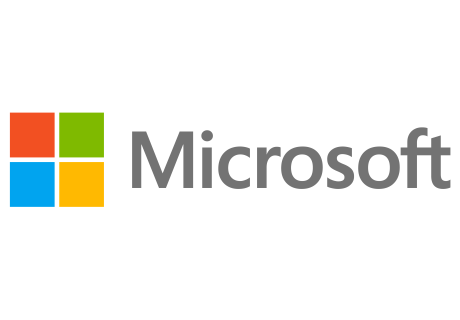Microsoft Dismisses Own 'Ireland' Lawsuit In End To Privacy Fight
According to a Reuters report, Microsoft dismissed its own lawsuit against the government over whether or not the U.S. government can demand data stored overseas. The move comes after the Microsoft-supported “CLOUD Act” became law recently.
Microsoft Ireland Case Is Over
Back In 2013, the U.S. government knocked on Microsoft’s door to request a user’s data. There was just one issue: The data was hosted in Ireland, because that’s where the user was living.
The government argued that this doesn’t matter because Microsoft is an American company. However, Microsoft fought back, arguing that the government’s warrant is invalid for data stored abroad. A federal magistrate judge agreed with the Department of Justice (DOJ) on this issue, but Microsoft appealed the decision and eventually won the lawsuit on appeal against the U.S. government. The DOJ took the fight to the Supreme Court. Many technology companies, civil liberties groups, and even wireless carriers filed in support of Microsoft’s case, and the company likely had a good chance of winning.
However, in a surprise turn of events, Microsoft ended up agreeing with the DOJ and dismissed its own lawsuit.
And So Is The Company’s Fight For User Privacy
Microsoft seems to have quit the Ireland case after the CLOUD Act became law. Microsoft was one of several technology companies, which also included Google, Apple, Facebook, and Verizon’s digital content subsidiary Oath, to support the CLOUD Act.
The CLOUD essentially replaces the previous international agreements between the U.S., the European Union, and 65 other individual countries to share data, called the Mutual Legal Assistance Treaties (MLATs). According to the EFF and Senator Ron Wyden, the CLOUD Act also removes significant human rights and privacy protections of MLATs. The bill passed with no debate as part of of the omnibus spending bill.
Microsoft must have known it would have to quit the Ireland case when it agreed to support the CLOUD Act, because now the U.S. government can serve a request under the CLOUD Act to obtain the same data. In effect, Microsoft knowingly supported a law that ended its own fight for user privacy for the past five years.
Get Tom's Hardware's best news and in-depth reviews, straight to your inbox.
Microsoft and other cloud companies seem to have supported the CLOUD Act is because they believe this would lead to fewer governments demanding that they store data locally. That would mean the decision to support the CLOUD Act was primarily based on profit-making.
This wasn’t the only deal Microsoft seems to have made with the U.S. government. Only two months before Microsoft announced its support for the CLOUD Act, in December 2017, the company also dismissed another one of its own lawsuits against the U.S. government over the DOJ’s routine abuse of secret data requests.
Microsoft agreed to end that lawsuit because the DOJ promised to change some its policies in regards to the use of gag orders. The company also believed that Congress would seal the deal by passing the Email Privacy Act. However, that law has been in limbo for the past two years, despite the U.S. Housing passing it unanimously twice. It will likely remain there at least until the Senate makeup changes significantly.
The CLOUD Act will likely further enable the U.S. government and other countries to share its citizens' data without having to first go through a judge, which means the potential for abuses has just increased.
Lucian Armasu is a Contributing Writer for Tom's Hardware US. He covers software news and the issues surrounding privacy and security.
-
Giroro The CLOUD act just made it easy and legal for law enforcement and the government to totally ignore the fourth amendment, provided they also send copies of that (previously) illegally obtained information overseas.Reply
America just lost one of its most basic and fundamental human rights in a bill that was passed without even being read. We need to get a lot more upset about this. -
Olle P I wonder how many European customers these US companies will lose now that "store locally" won't suffice to keep the data from the US government?Reply
